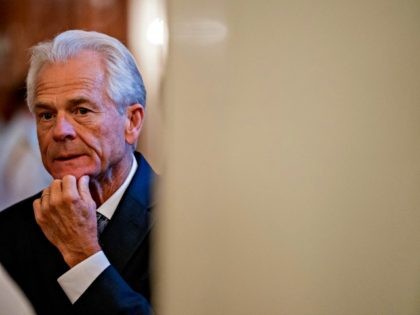Report: China May Slash Tariffs on U.S. Autos to 15 Percent
A sign of progress in the China trade talks.
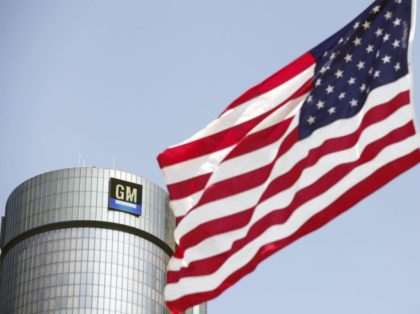
A sign of progress in the China trade talks.

Rocky financial markets, driven largely by Federal Reserve uncertainty and President Trump’s aggressive tariff negotiation strategy, shouldn’t overshadow two trade victories at the recent G20 Summit.
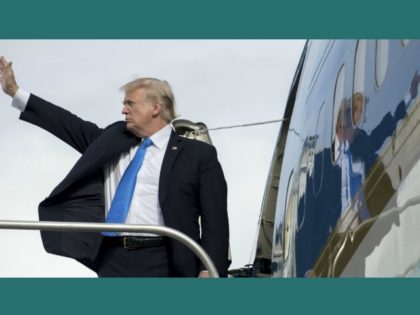
No sign of the widely predicted Tariffmageddon.
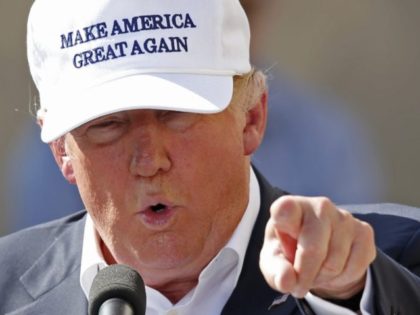
The arrest of China’s Sabrina Meng was not a suprise to Bolton, who attended the dinner in Buenos Aires the same day she was taken into custody by Canadian authorities.
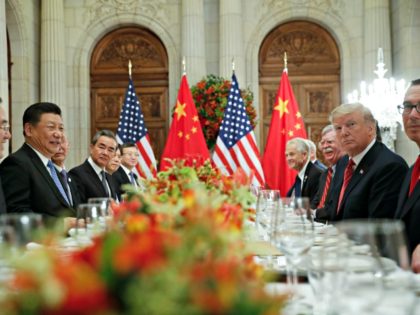
It is hard to find a precise analogy but imagine if Sheryl Sandberg were the daughter of Steve Jobs and China arrested her.
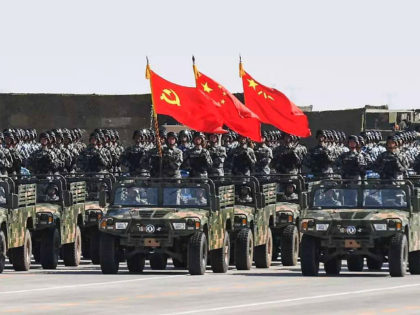
Continuing claims, a measure of pain in the economy, also fell. Despite lots of talk about tariffs, there are no signs these are holding back the labor market.
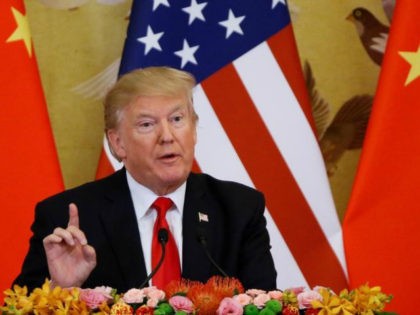
Sabrina Meng is one of the best-known business leaders in China. Her arrest has sparked outrage and demands for her release.
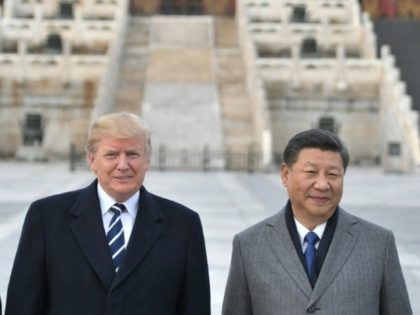
And still no signs that tariffs are a problem for the economy.
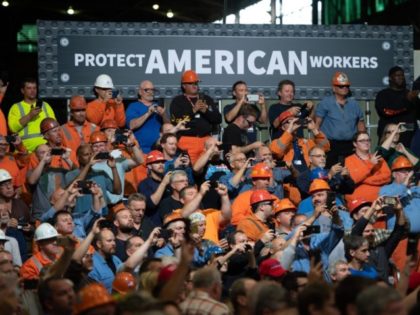
China has finally acknowledged the timeline for trade talks.
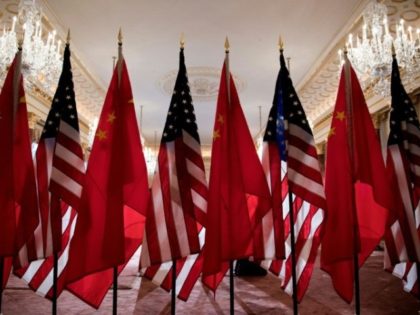
“President Xi and I want this deal to happen, and it probably will. But if not remember… I am a Tariff Man,” Trump wrote on Twitter.

The White House corrected a misstatement made by Larry Kudlow on Monday, noting that a trade truce with China began on December 1.
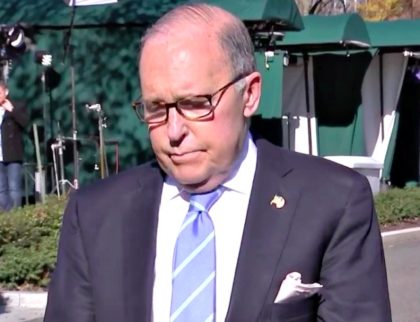
National Economic Council Director Larry Kudlow announced Monday that during the G20 summit, the Chinese promised to make trade changes “immediately.”
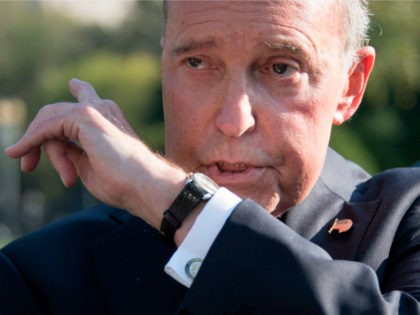
After several hours of confusion and conflicting reports, Larry Kudlow made it clear Monday that U.S. Trade Representative Robert Lightizer will run the next stage of China talks.
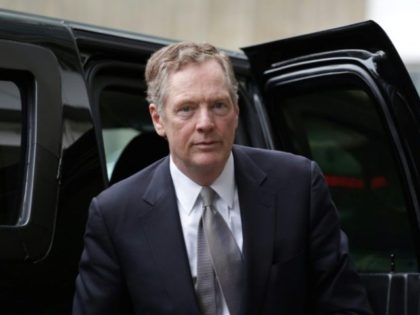
The U.S. and China still are not using the same talking points when it comes to the Buenos Aires trade truce.

China hawks are wary that the U.S. may once again be falling for the trick of never-ending negotiations that allow China to continue to build itself up at the expense of American interests.
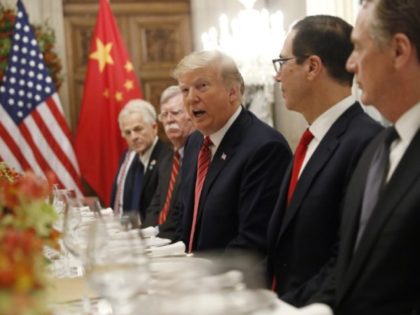
The White House announced Saturday that President Trump has agreed not to further raise tariffs on $200 billion worth of Chinese imports.

China is hoping for a trade truce but many doubt it can offer enough to convince Donald Trump to back off on his tariff threats.
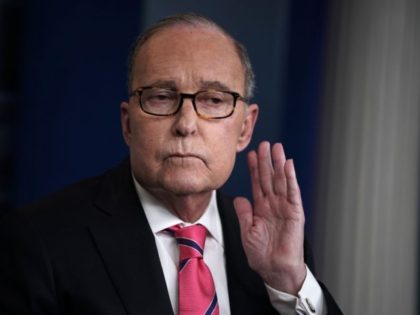
China hoped its retaliatory tariffs would devastate Maine’s lobstermen. Instead, demand for lobsters has remained strong, boosted by purchases from Canada.
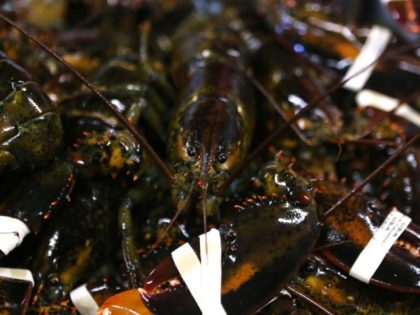
One of the administration’s China hawks is sounding positive about the meeting between Trump and Xi that is scheduled for Saturday night.

President Donald Trump left for the G20 summit Thursday and meetings including President Xi Jinping of China as he debated whether or not to do a trade deal with China or keep tariffs.
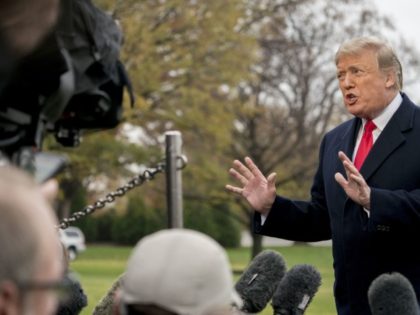
In the past, Trump has criticized U.S. leaders for fallen for Beijing’s trap of endless talks.
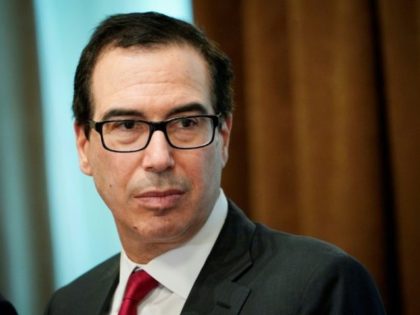
The Trump administration is bringing its biggest China hawk to meet with Xi Jinping.
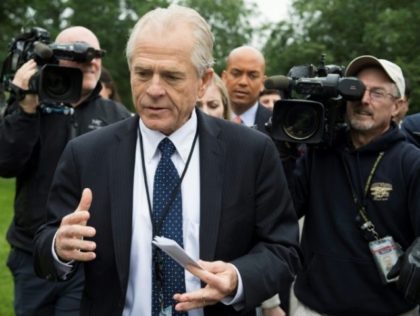
President Donald Trump called out GM Thursday for cutting jobs and closing North American plants, whereas other automakers, such as BMW, are pouring into the United States.
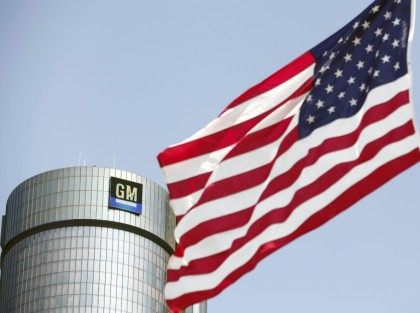
Trump does not want to shield U.S. companies from competition. He wants global companies to compete with each other while employing U.S. workers.
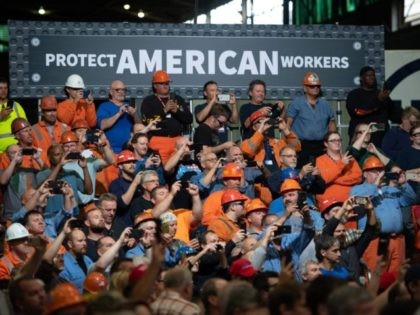
President Trump is celebrating plans for a new American steel mill that is set to create hundreds of high-paying U.S. jobs in the southwest.
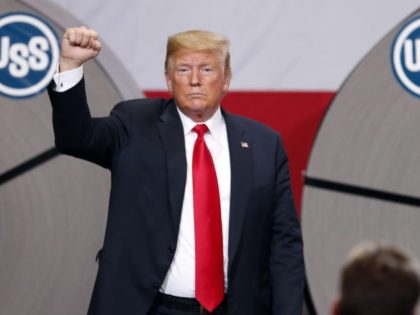
It never made sense to make cars in China for the U.S. market. Now would be a great time to move production back to the United States.
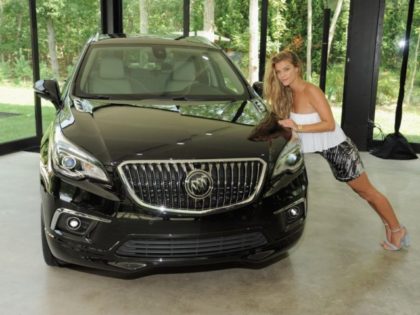
Larry Kudlow, National Economic Council director, issued tempered optimism on Tuesday as President Trump heads into a G20 Argentina meeting with China to negotiate trade.
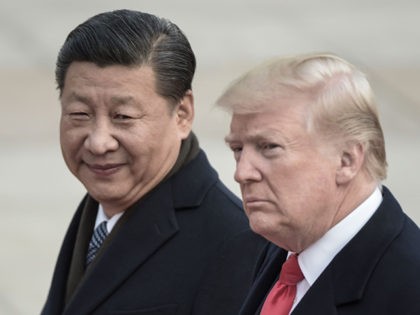
Free trade economists’ claims for months that the United States would be crippled by President Trump’s tariffs on $250 billion worth of Chinese products have been debunked by new research that shows it is China paying for the tariffs, not the U.S.
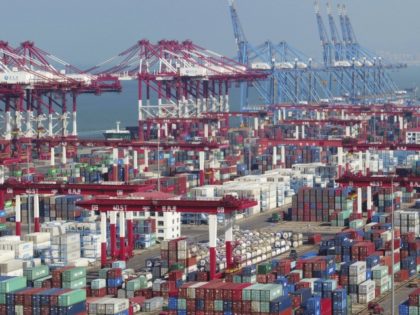
The latest report shows that China has continued its refusal to abandon unfair and irrational trade practices.
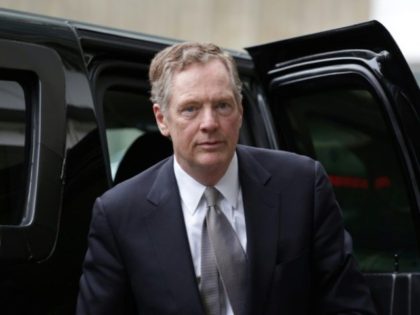
Although overall durable goods orders were weak, the products covered by the Trump administration’s new China tariffs did far better.
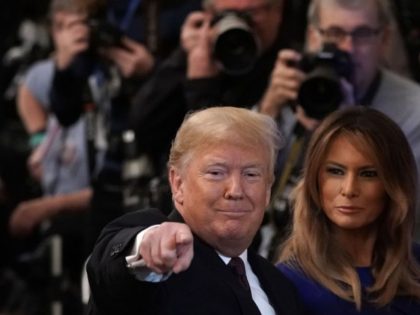
While plenty of businesses have complained about tariffs and threatened to raise prices on consumers, Apple’s iPhone travails provide a cautionary lesson.
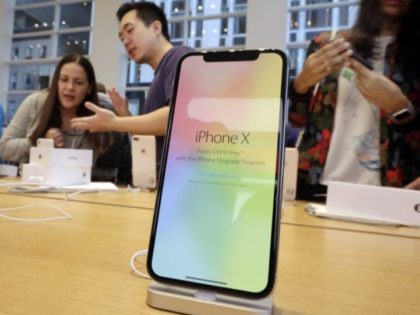
The risk that the Trump administration could be talked into a “trade truce” with China is fading.
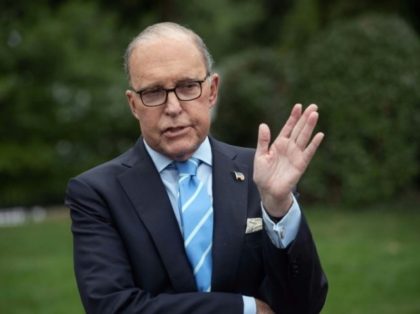
They told us that the metals-using American businesses would get wrecked by steel tariffs. Instead, they are thriving.
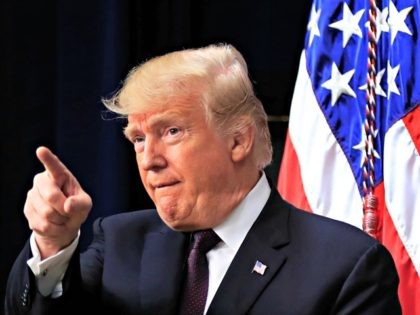
Prices of goods imported from China actually fell after new tariffs kicked-in.
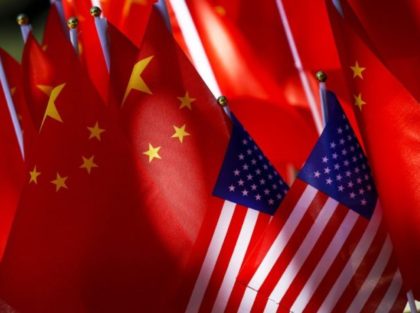
“We hear a lot from business about higher costs, loss of markets. We see a rising chorus of concern,” Powell said. “It hasn’t shown up yet in the data.”
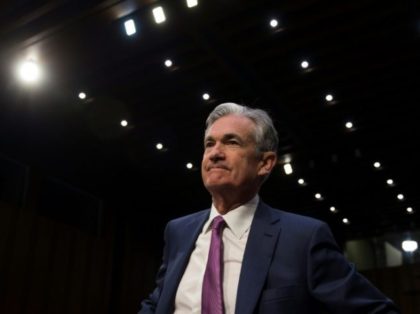
Bass lauded Trump’s trade policy towards China and said the world’s 2nd-largest economy requires a “reset” to avoid further slowing growth.
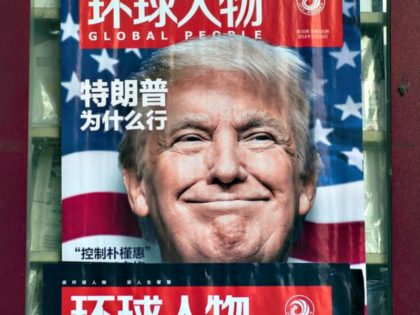
The latest data from the Labor Department shows that the prices of many things subject to Trump’s tariffs are actually falling.
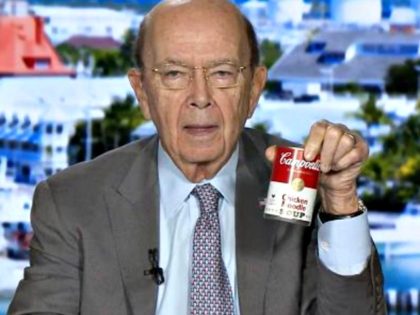
A contributor for the Washington Post admits that free trade was the “biggest 2018 midterm loser” in the elections across the country this month.
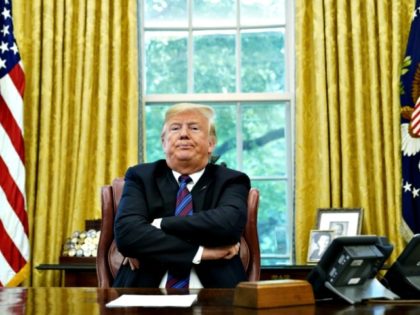
Fewer corporate leaders worried about tariffs even as the number of tariffs imposed by the Trump administration rose in the third quarter.
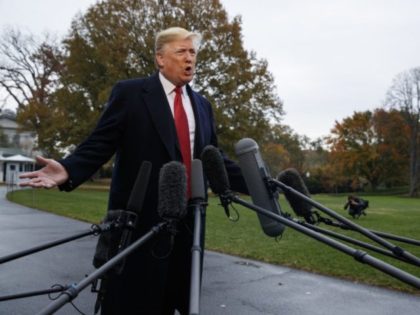
White House trade adviser Peter Navarro took Wall Street globalists and China to task on Friday, blasting them for trying to work against President Trump’s efforts to end unfair Chinese trade practices for the good of the American worker.
